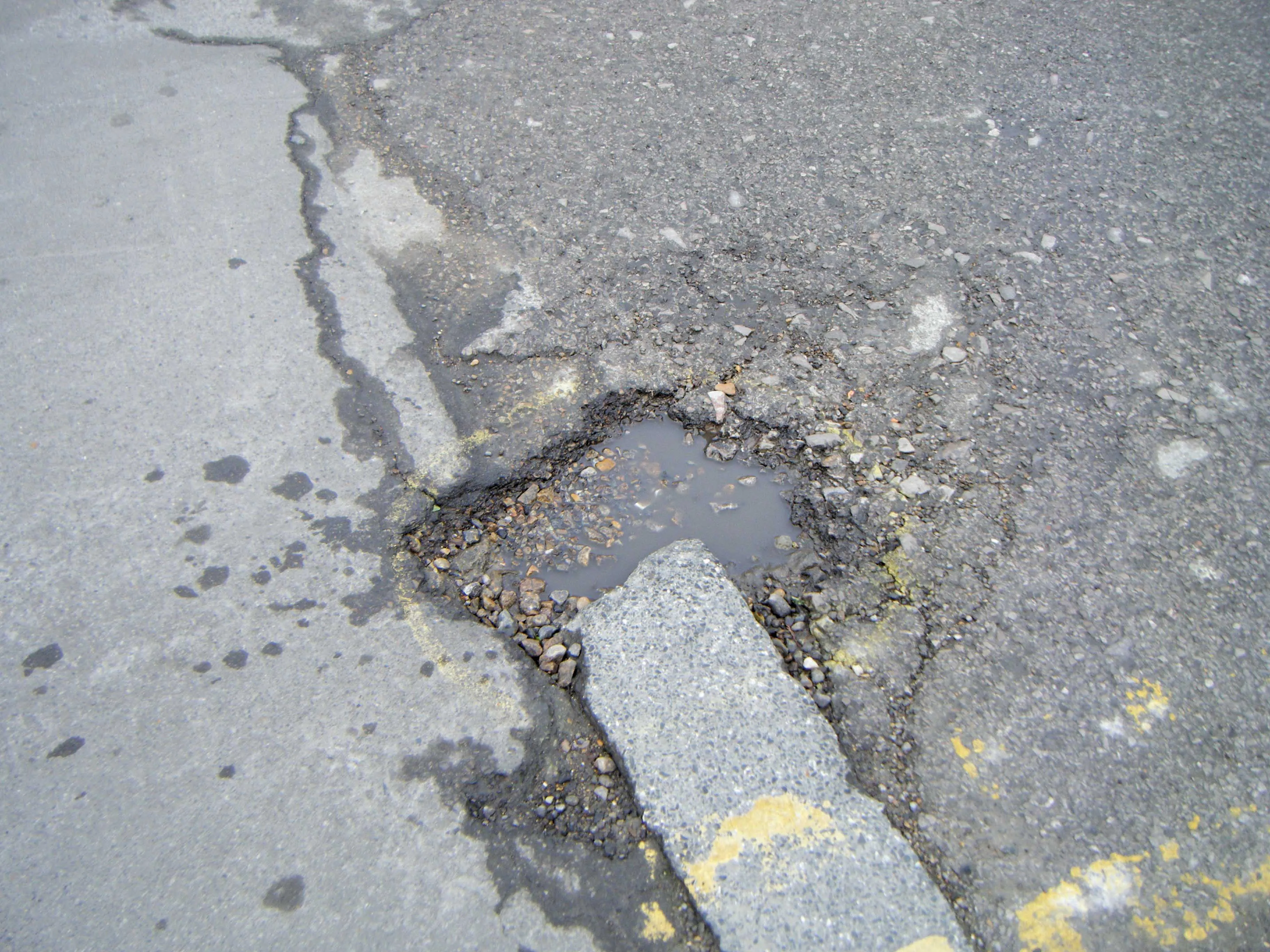The use of reclaimed asphalt pavement in the United States increased during 2013 after two years of no rise, according the latest report from the US National Asphalt Pavement Association (NAPA).
The report found that more than 73 million tons of reclaimed asphalt pavement and 1.7 million tons of reclaimed asphalt roofing shingles were used in new asphalt pavement mixes in the United States during in 2013.
Using recycled asphalt material saved about $2 billion in 2013 over the use of virgin materials,
January 16, 2015
Read time: 3 mins
The use of reclaimed asphalt pavement in the United States increased during 2013 after two years of no rise, according the latest report from the US 3464 National Asphalt Pavement Association (NAPA).
The report found that more than 73 million tons of reclaimed asphalt pavement and 1.7 million tons of reclaimed asphalt roofing shingles were used in new asphalt pavement mixes in the United States during in 2013.
Using recycled asphalt material saved about $2 billion in 2013 over the use of virgin materials, the report noted.
The use of recycled material is one of several topics to be discussed at a major Conference on road asset maintenance in Paris, the Pavement Preservation and Recycling Summit from, February 22-25.
The NAPA/FHWA report said that the number of tons of asphalt pavement mixtures produced using recycled and reclaimed materials was predominately flat from 2012 to 2013. This is despite a 2.5% drop in total tons of asphalt produced during 2013 compared to 2012.
However, the percentage of tons produced using these materials was slightly greater in 2013 than 2012.
The survey was conducted in mid-2014 by NAPA under contract to the2410 Federal Highway Administration (FHWA). The report was compiled using results from 249 companies with 1,281 plants in all 50 US states, the District of Columbia and Puerto Rico. Also used was information from asphalt pavement associations in 38 states.
A full copy of the NAPA/FHWA report can be downloaded from %$Linker:2 External <?xml version="1.0" encoding="utf-16"?><dictionary /> 0 0 0 oLinkExternal here Download the form false http://www.asphaltpavement.org/recycling false false %>.
The issue of saving money but at the same time maintaining road assets is one of the most important discussions globally, especially during these austere times where governments at all levels are seeing budget drastically reduced. But road must be maintained or the wider economy will suffer.
“Insufficient maintenance has created a backlog and is affecting service levels,” said Jean-Francois Corte, secretary general of the World Road Association (3141 PIARC), based in Paris.
“What’s needed right now is at least a medium-term vision to embrace the right type of maintenance, a strong strategy. Because there has been insufficient maintenance, road networks are degrading faster. Many highways authorities don’t have this medium- or long-term approach to highway maintenance because they are bound by their government’s annual budgets.”
Attendees to the Pavement Preservation and Recycling Summit in Paris next month will learn how, during these austere times, to put the business case forward to ensure more investment is there when and where it is needed.
Speakers will include Bud Wright, executive director of the3510 American Association of State Highway and Transportation Officials (AASHTO) and William Finerty, a vice-president of 178 Caterpillar.
To find out more about the three-day PPRS 2015 event and register, please visit the official7924 PPRS 2015 website.
A recent publication by PIARC, called The Importance of Road Maintenance, is available as a free download from %$Linker:2 External <?xml version="1.0" encoding="utf-16"?><dictionary /> 0 0 0 oLinkExternal here Visit PIARC website false http://www.piarc.org/en/publications/technical-reports/ false false %>.
The report found that more than 73 million tons of reclaimed asphalt pavement and 1.7 million tons of reclaimed asphalt roofing shingles were used in new asphalt pavement mixes in the United States during in 2013.
Using recycled asphalt material saved about $2 billion in 2013 over the use of virgin materials, the report noted.
The use of recycled material is one of several topics to be discussed at a major Conference on road asset maintenance in Paris, the Pavement Preservation and Recycling Summit from, February 22-25.
The NAPA/FHWA report said that the number of tons of asphalt pavement mixtures produced using recycled and reclaimed materials was predominately flat from 2012 to 2013. This is despite a 2.5% drop in total tons of asphalt produced during 2013 compared to 2012.
However, the percentage of tons produced using these materials was slightly greater in 2013 than 2012.
The survey was conducted in mid-2014 by NAPA under contract to the
A full copy of the NAPA/FHWA report can be downloaded from %$Linker:
The issue of saving money but at the same time maintaining road assets is one of the most important discussions globally, especially during these austere times where governments at all levels are seeing budget drastically reduced. But road must be maintained or the wider economy will suffer.
“Insufficient maintenance has created a backlog and is affecting service levels,” said Jean-Francois Corte, secretary general of the World Road Association (
“What’s needed right now is at least a medium-term vision to embrace the right type of maintenance, a strong strategy. Because there has been insufficient maintenance, road networks are degrading faster. Many highways authorities don’t have this medium- or long-term approach to highway maintenance because they are bound by their government’s annual budgets.”
Attendees to the Pavement Preservation and Recycling Summit in Paris next month will learn how, during these austere times, to put the business case forward to ensure more investment is there when and where it is needed.
Speakers will include Bud Wright, executive director of the
To find out more about the three-day PPRS 2015 event and register, please visit the official
A recent publication by PIARC, called The Importance of Road Maintenance, is available as a free download from %$Linker:








